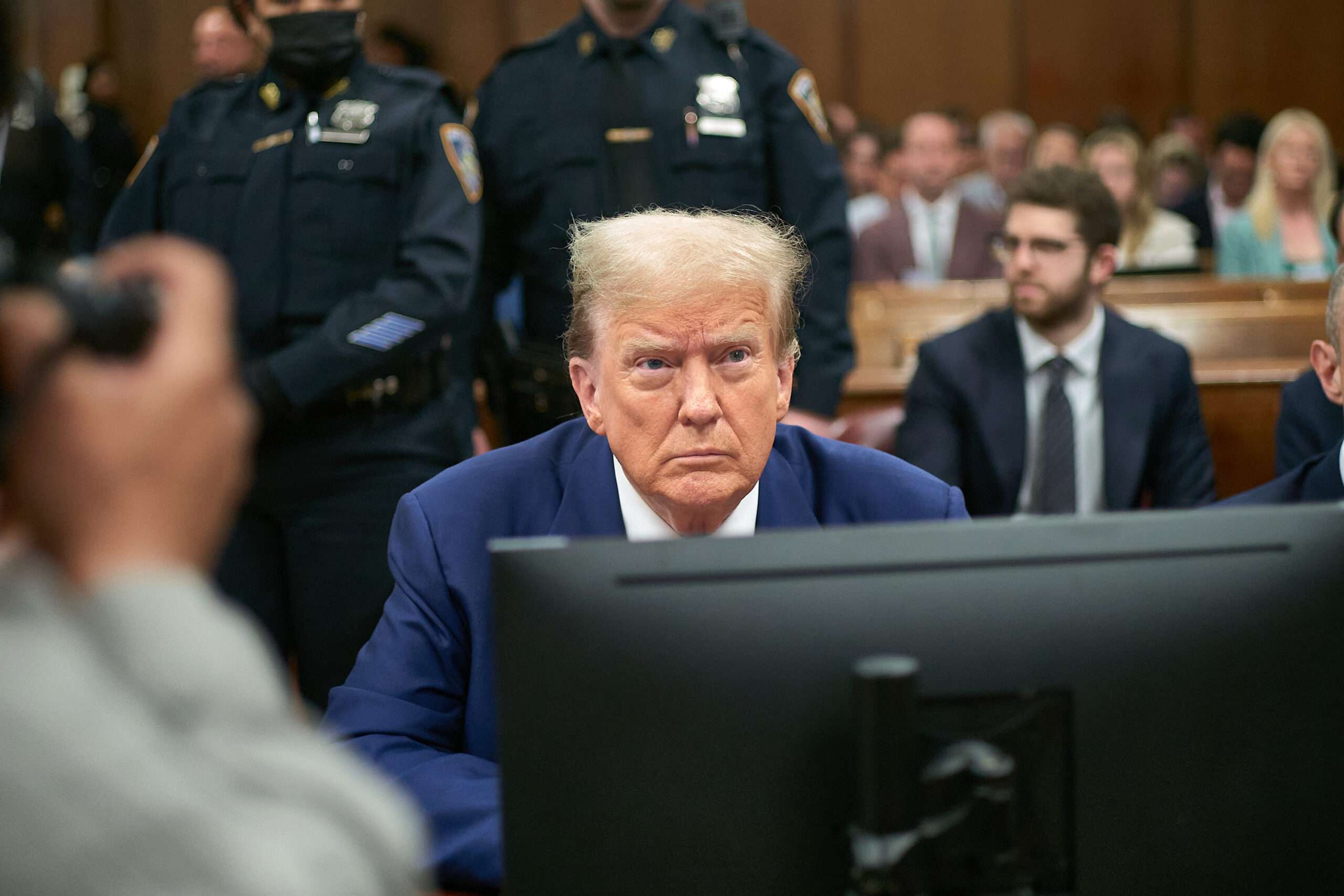Porn star Stormy Daniels claims she had a sexual encounter with Donald Trump at a Lake Tahoe hotel in July 2006. To prevent her from divulging this information, former Trump lawyer Michael Cohen states that he was instructed by “the boss” to pay Daniels $130,000 shortly before the 2016 presidential election.
Manhattan District Attorney Alvin Bragg asserts that the nondisclosure agreement constituted a serious offense that subverted democracy by concealing information from voters. Among these three narratives, Bragg’s account is deemed the least credible.
“This was a premeditated, orchestrated, long-term scheme to influence the 2016 election, aiding Donald Trump’s election through illegal expenditures, and silencing individuals critical of his actions,” lead prosecutor Matthew Colangelo stated at the commencement of Trump’s trial last month. “It constituted election fraud, plain and simple.”
Contrary to Colangelo’s portrayal, the case against Trump is far from “plain and simple.” Initially, Trump is not accused of “conspiracy” or “election fraud.” Instead, he is charged with violating a New York law prohibiting “falsifying business records” with “intent to defraud.”
Trump allegedly committed this offense 34 times by disguising his 2017 reimbursement of Cohen’s payment to Daniels as legal service compensation. The charges encompass 11 invoices from Cohen, 11 corresponding checks, and 12 ledger entries.
Falsifying business records, typically a misdemeanor, escalates to a felony when the defendant’s “intent to defraud” includes intentions to conceal “another crime.” Bragg alleges that Trump harbored such intent.
What crime was Trump purportedly concealing? Prosecutors claim it was a breach of an obscure New York law criminalizing “two or more persons” conspiring to influence or obstruct the election of any individual to public office through illicit means.
Why was the payment to Daniels deemed “unlawful”? Federal prosecutors argued in 2018 that by fronting the money, Cohen made an excessive campaign contribution.
Cohen acknowledged this characterization in a 2018 plea deal that also resolved various unrelated charges against him. However, Trump was never prosecuted for soliciting this “contribution,” for valid reasons.
Establishing such a case would have relied on the assumption that Trump, in settling with Daniels, aimed to bolster his election prospects rather than evade embarrassment. While the former interpretation is plausible, proving it beyond a reasonable doubt would have been challenging, as evidenced by the unsuccessful 2012 prosecution of Democratic presidential contender John Edwards, which was grounded on analogous but seemingly more robust evidence.
Federal prosecutors would have needed to demonstrate that Trump “knowingly and willfully” breached the Federal Election Campaign Act. Yet, given the ambiguity surrounding personal and campaign expenses, it is plausible that Trump did not perceive compensating Daniels for her silence as unlawful.
In any case, the Justice Department did not pursue this case, the statute of limitations precludes its revival, and Bragg lacks jurisdiction to enforce federal campaign finance regulations. Instead, he is relying on an untested New York election law that experts indicate has not been previously enforced.
This endeavor to transmute a federal campaign finance violation into state felonies is so legally questionable that Bragg’s predecessor, Cyrus R. Vance Jr., dismissed the concept after thorough deliberation. It reeks of political desperation and validates Trump’s assertion that Democrats are endeavoring “election interference” by undermining his ongoing presidential campaign.
According to Bragg allegations, Trump is the one who engaged in “election interference,” which the D.A. characterizes as “the crux of the case.” Bragg claims his prosecutors “assert falsification of business records to prevent information from reaching the electorate.”
Cohen, accurately described by the defense team as a convicted criminal and self-confessed liar with a vendetta against his former employer, is the sole individual linking Trump to the creation of those records. Moreover, since these records were generated after the election, Bragg’s narrative is illogical and immaterial—a crucial point that should not be overshadowed by the sensationalized aspects of Daniels’ narrative.
© Copyright 2024 by Creators Syndicate Inc.





